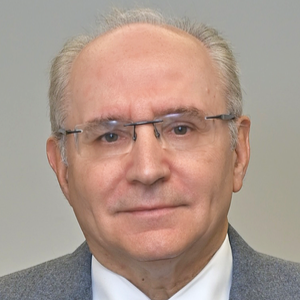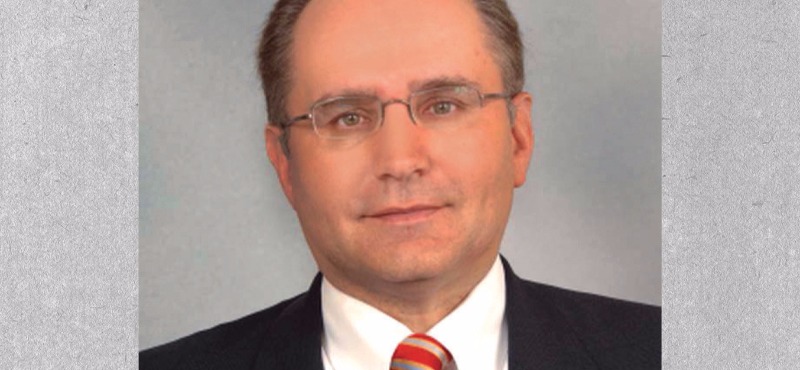For more than a decade, New Yorkers had been able to receive Medicaid home care services without worrying about the five-year look back period for non-exempt asset transfers (gifts), which is imposed for Medicaid nursing home eligibility. One could transfer all of their savings and home without incurring any period of ineligibility for Medicaid Home Care Services. Unfortunately, this advantage came to an end in 2020.
As part of the recommendations by the state’s Medicaid redesign team, commencing on October 1, 2020, and as part of the New York state budget enacted on April 3, 2020, a 30- month look back period was enacted for all home care services. The lookback period is calculated the same way as the penalty period is calculated for skilled nursing home Medicaid (using the regional rate as the divisor). For example, the regional rate for the Northern Metropolitan area (Westchester, Putnam, Rockland, Orange and Dutchess Counties) for the year 2021 is $13,206 per month. Thus if $200,000 is gifted, a 15.14 month ineligibility period is created for home care Medicaid.
In early October 2020, because of the pandemic, the federal government renewed the public health emergency for an additional 90 days effective October 23, 2020. Having done so, the NYS Department of Health (DOH), in compliance with enhanced Federal Medicaid funding requirements, pushed back the Medicaid home care lookback period from October 1, 2020 to April 1, 2021. This was subsequently pushed back several more times, and presently the effective date is April 1, 2022. Thus, one can transfer assets (make non-exempt transfers/ gifts) on or after October 1, 2020, without any penalty and/or lookback period if they apply for home care Medicaid before April 1, 2022. However, if an application for home care Medicaid is made on or after April 1, 2022, and a non-exempt transfer/gift was made on or after October 1, 2020, the 30-month lookback and penalty period will be applicable. This is of great importance to those who were unable to transfer assets before October 1, 2020 and currently require Medicaid home care services.
The new rules have left spousal refusal untouched. Thus, a married person can still transfer assets to their spouse and if the spouse has assets and/or income above the permitted amounts, the spouse can execute a spousal refusal, allowing the ill spouse to be eligible for Medicaid. Although this is advantageous if a married person needs Medicaid home care and/or Medicaid nursing home coverage, spousal refusal gives the Department of Health (DOH) the right to sue the refusing spouse for the value of the services provided by Medicaid.
The other option still available for a single person with resources above the permitted amount ($15,500) is to implement a Medicaid Crisis Plan, where approximately half of their resources will be used to pay for their home care and the other half is protected by gifting to a third party.
Irrespective of one’s marital status, the changes in the rules illustrate the need for seniors and the disabled to be proactive in making asset transfers and start both the 30-month lookback period for Medicaid home care and the 60-month lookback period for Medicaid nursing home in advance of their needing care. Without non-exempt transfers being made, the clock never begins to run and the ability to shelter one’s assets from the cost of long-term care becomes significantly more difficult and a greater percentage of one’s life savings will be exposed to the cost of care.
The imposition of a lookback and penalty period for Medicaid home care was a devastating turn of events for seniors and the disabled who do not have a spouse, minor child or disabled child to whom they can make an exempt transfer of their non-IRA assets, or a spouse, minor child, disabled child, caretaker child or a sibling with an equity interest to whom they can make an exempt transfer of their home under Social Services Law § 366 (5)(e)(4)(i). The other exempt transfers that should apply under Social Services Law § 366 (5)(e)(3)(i), (ii) and (iii) include the purchase of an annuity, the purchase of a life estate, the purchase of a promissory note loan or mortgage. Additionally, the applicant can still argue that the non-exempt transfer of assets (gift) was made for purposes other than to qualify for Medicaid.
As each year passes, it is significantly clearer that utilizing the Medicaid Asset Protection Trust to protect one’s home and savings before one needs home care or nursing home services continues to be the best option.
Anthony J. Enea, Esq., is a member of Enea, Scanlan and Sirignano, LLP of White Plains, N.Y. He focuses his practice on wills, trusts and estates and elder law. He is the past chair of Elder Law and Special Needs Section of the New York State Bar Association (NYSBA), and is the current chair of the 50+ Section of the NYSBA. He is the president of the Westchester County Bar Foundation and a past president of the Westchester County Bar Association. He can be reached at (914) 948-1500 or at a.enea@esslawfirm.com.





















